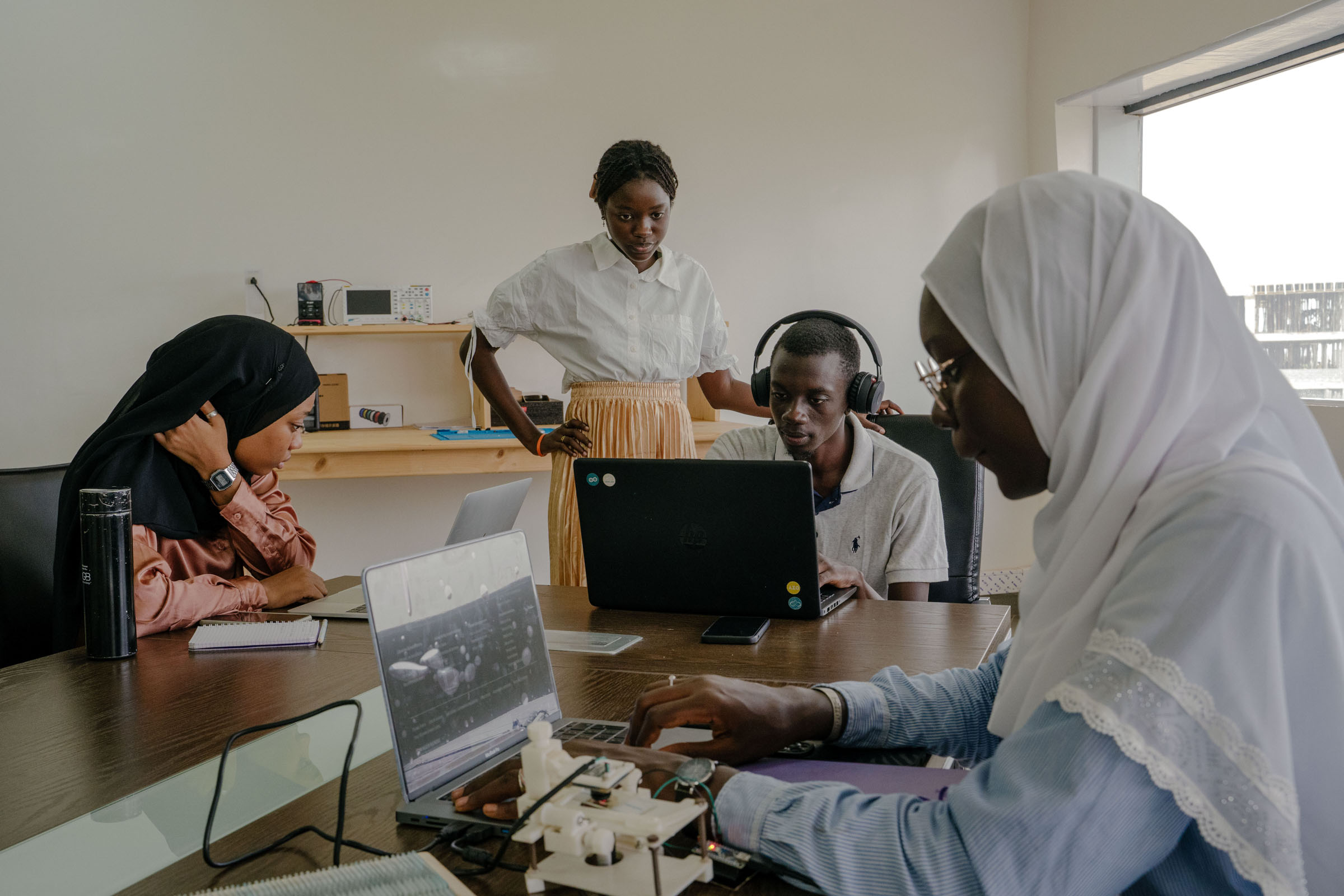As COP28 kicks off, we’re presented with another opportunity to examine the “natural capital paradox.” It’s a theory on how African countries, which abound with natural and human capital, could lead innovation for the world if equipped with the right technology and infrastructure. The natural capital paradox is a gateway to reimagining what innovation means, redefining how we see the world, and removing our biases.
At a time when we hear about San Francisco-based companies like OpenAI every day of the week, it would be easy to think that Africa has no presence in AI. But, having worked in tech across continents, big cities, and small islands, I have always been invested in the idea that technology can be an equalizer. My decade-long journey of engaging with developers worldwide made me realize that people think and build differently, depending on their circumstances. Given the same compute platform during the pandemic, a developer in the U.S. built a yoga-pose-monitoring system for online classes, while a developer in Kenya set up a beehive-monitoring system to support women turning to beehive culture to increase their income. Both are helpful solutions geared toward solving problems perceived as critical by their builders. But the impact of those builders’ contexts on the problems they chose to solve is clear.
Technological breakthroughs, research advancements in models, big tech companies, and the best tech universities have one thing in common: they are all concentrated in the Global North. The Global South, especially Africa, has often been relegated to the role of the consumer of technology produced by its counterpart, which has led to a perception of the region as less innovative. But is it really?
Tech innovation in Africa is robust—it just happens in a different way than it does in the U.S. and other parts of the Global North. Without a local deep tech industry, AI innovation in Africa has been bottom-up, driven by grassroots developers and startups. They learn through bootcamps and hackathons; 100,000 people regularly compete on Zindi, the pan-African hackathons platform, to solve their communities’ challenges. They have an appetite to use their skills to build for their communities—and it just so happens that the challenges their regions face, such as recurrent floodings in southern Malawi and urban air pollution across the continent, are often related to profound human and environmental struggles that, if solved, could positively impact the rest of the world.
Read More: To Leap-Frog Fossil Fuels, Africa Needs More Clean Energy Investment
There are three undeniable facts about Africa today: we are rich in natural capital (our resources), rich in human capital (our youth), and tech native. Unfortunately, we still lag in infrastructure development. This unique combination forms the puzzling natural capital paradox. But in the hands of Africa’s innovators, data and AI can become not just tools but also a torch of opportunity, paving a path toward a more equitable and sustainable future for the continent and the planet.
As the world has started to talk about the new concept of “nature tech,” which has been defined as data-driven technology solutions for protecting and restoring our planet as well as connecting our communities, I can’t help but wonder if this is the time for us to be seen as leaders. The time for our solutions, solving for smallholder farming as well as ocean monitoring, to be perceived as groundbreaking.
Imagine a scenario where we’re not just changing the narrative but also leading the charge. Imagine millions of African youth building core infrastructure for their communities and solutions scalable to countries across the Atlantic. Imagine the challenges we face now will become the opportunities that unite us. The key to seizing these opportunities lies in our ability to capitalize today—and with urgency—on our unique combination of natural capital, human talent, and technological potential.
Kallot is the CEO and founder of Amini, and a member of the 2023 TIME100 AI list.
- What Student Photojournalists Saw at the Campus Protests
- How Far Trump Would Go
- Why Maternity Care Is Underpaid
- Saving Seconds Is Better Than Hours
- Welcome to the Golden Age of Ryan Gosling
- Scientists Are Finding Out Just How Toxic Your Stuff Is
- The 100 Most Influential People of 2024
- Want Weekly Recs on What to Watch, Read, and More? Sign Up for Worth Your Time
